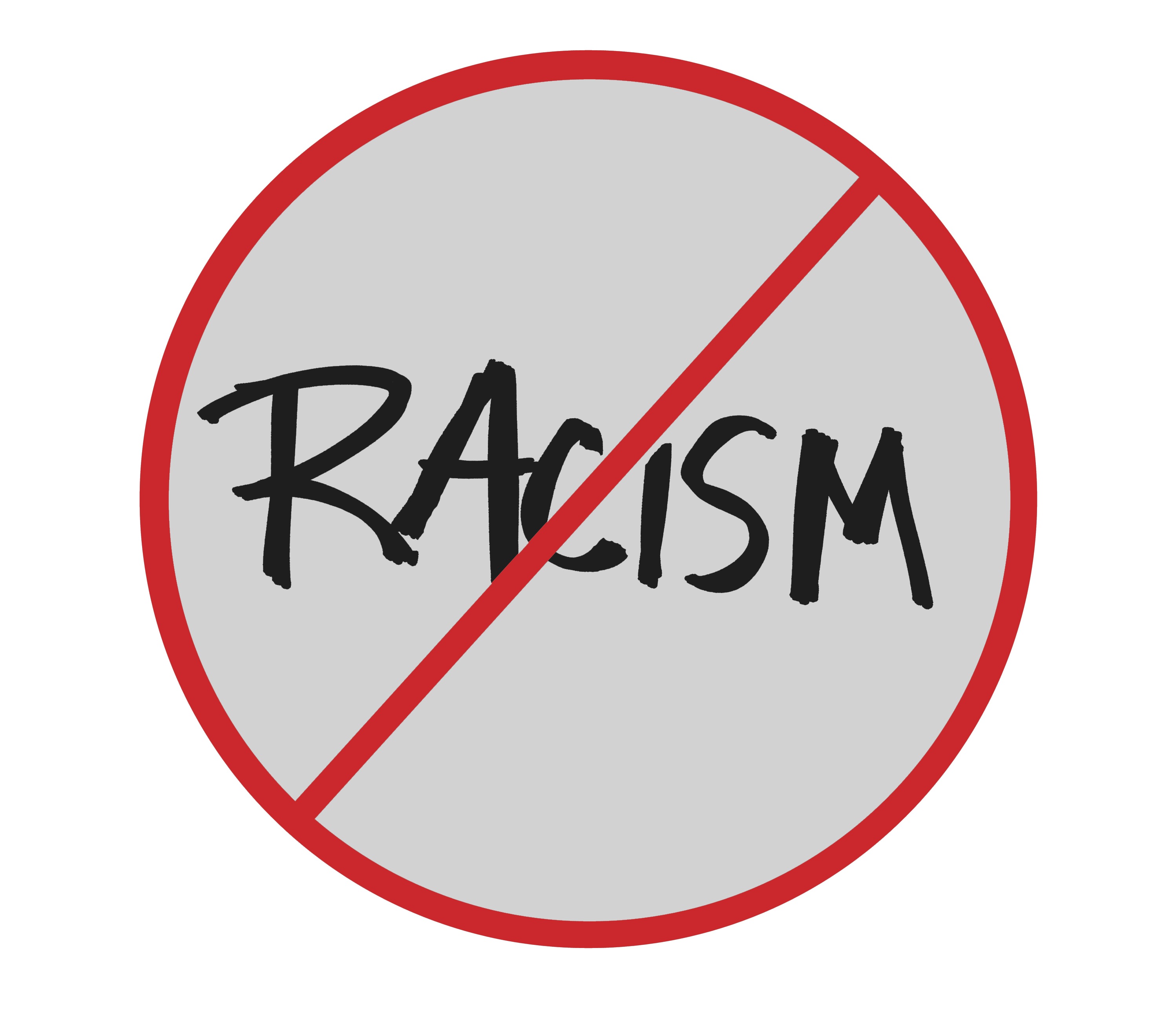Essay on Nature of Racism – Modern societies consist of people who belong to different racial and ethnic groups. Some of these racial and ethnic groups are able to live together in harmony and mutual respect, but others are in a state of constant antagonism and conflict.
The dominant race tries to impose its will on the weaker ones. This domination of one race over another leads to suppression and exploitation also. This phenomenon is often interpreted as “racism “.
ADVERTISEMENTS:
1. Collin’s Dictionary of Sociology:
“Racism or racialism is a set of beliefs, ideologies and social processes that discriminate against others on the basis of their supposed membership of a racial group”.
2. N.J. Smelser:
“Identifying a group as belonging to a different race and subjecting its members to discrimination, exploitation, or violent oppression is known as racism.”
ADVERTISEMENTS:
3. Blauner:
Racism is a phenomenon in which a group that is seen as inferior or different is exploited and oppressed by a dominant group.
Examples:
Among the most notorious examples of racism, the following may be noted.
ADVERTISEMENTS:
The domination of the non-western world by the European powers during the late 20th century.
The partial extermination and subsequent segregation of Native Americans; 3. The oppression of Black Americans first as slaves and then as exploited minority; 4. The genocide of an estimated 6 million Jews by Nazi Germany after the World War I.
Ethnocentric Attitudes at the Root of Racism:
Extreme ethnocentric attitudes are found to be at the root of racism. Ethnocentrism seems to be common to most of the human groups. To most people, it is self-evident that their own norms, religion, attitudes, values and cultural practices are right and proper, while those of other groups are peculiar, stupid and even immoral.
A certain amount of ethnocentrism seems to be inevitable and even functional also. But the problem is the ethnocentric attitudes that are functional for one group may prove to be highly dysfunctional for another group.
Under certain conditions, ethnocentric attitudes can take an extreme and aggressive form and can be used to justify the oppressive treatment of other racial or ethnic groups. This leads to what is known as racism. It should not be generalised that contact among different groups inevitably leads to racism.
Further, ethnocentnsm also develops into racism only under some conditions, and not always. Sociological studies have tried to reveal some of these conditions leading to racism.

